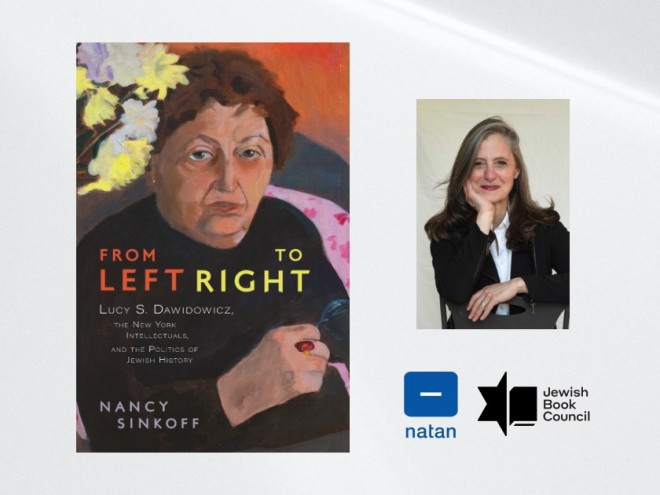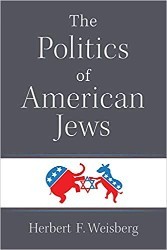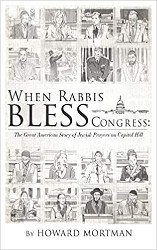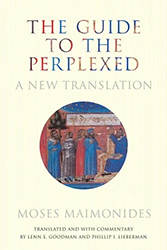In this biography of Milton Friedman — America’s “last conservative,” meaning someone who favors small government and unfettered markets — Jennifer Burns gives a quick look at Friedman’s family background before shifting her focus to his work in the University of Chicago’s economics department. At Chicago, Friedman met his future wife, his future colleagues, and, more importantly, his specialty: price theory. Like many in his cohort, Friedman went to Washington and New York to work on New Deal legislation, but his goal was to finish a doctorate and teach at Chicago.
Friedman dealt with a swirl of departmental battles. However, on the intellectual front, things were calmer. He collaborated with a few women, including the economists Rose Friedman (his wife), Dorothy Brady, Margaret Reid, and Anna Schwartz (his lifelong collaborator). They all worked with him either on his prize-winning monetary history of the United States or on his research related to the permanent income hypothesis; yet none of these “hidden figures” received much credit from Friedman or from the economics profession at large.
Friedman was famous for monetarism, which argued that key problems like inflation and unemployment are caused by changes in the size of money supply, rather than government spending. He argued for a rules-based monetary policy, so that everyone could rely on the Federal Reserve controlling the size of M2 — a particularly significant monetary aggregate — in a predictable way. Apart from monetarism, Friedman advocated for “freedom,” which boiled down to removing the government from various sectors of public life. This included ending the draft and starting an all-volunteer army, bringing competition to public schools by giving parents vouchers to pick schools, issuing “negative income tax” checks to the poor instead of maintaining the welfare system, and letting market forces destroy discrimination instead of passing laws. According to Friedman, an unfettered market with “freedom of choice” offered better results than a well-meaning government.
Fame brought Friedman invitations from around the world to advise leaders on instituting “free” markets, which sometimes meant imposing austerity budgets (Thatcher’s UK) or murderous authoritarian regimes (Pinochet’s Chile). At home, Friedman advised President Reagan on supply-side policies and other tax cuts for the rich — but by this point, he wasn’t using graphs and data to prove points. Friedman had become a useful icon, on display for legitimate right-wing campaigns.
Readers expecting a biography full of personal or family details will be disappointed; this is instead an intellectual history of the right wing of the economics profession in twentieth-century America, centered on Milton Friedman. Burns mentions the discrimination women faced in the profession, and the murderous consequences of Friedman’s interventions in Chile, but she doesn’t evaluate Friedman’s responsibility in any way. Her book would have been stronger if she had. Likewise, it would have been interesting if she’d considered the impact of cryptocurrency on monetarism. But the history Burns has written is useful, particularly for students of the development of modern economic thought.
Bettina Berch, author of the recent biography, From Hester Street to Hollywood: The Life and Work of Anzia Yezierska, teaches part-time at the Borough of Manhattan Community College.





